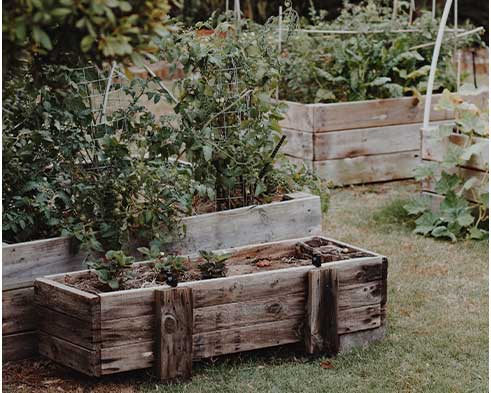Food Forests Spreading Through City
 We’ve all heard of food deserts, but food forests? In Denver, volunteers and full-time urban gardeners have come together over a two-year period to create 19 food forests in three metro counties throughout the city. Denver Urban Gardens (DUG) initiated these food forests as an extension of its community garden approach in transforming empty, neglected lots into annual vegetable and flower gardens, which neighbors help cultivate and are able to use for their own tables, as well as local schools, food banks, and other nonprofits.
We’ve all heard of food deserts, but food forests? In Denver, volunteers and full-time urban gardeners have come together over a two-year period to create 19 food forests in three metro counties throughout the city. Denver Urban Gardens (DUG) initiated these food forests as an extension of its community garden approach in transforming empty, neglected lots into annual vegetable and flower gardens, which neighbors help cultivate and are able to use for their own tables, as well as local schools, food banks, and other nonprofits.
DUG intentionally plans out symbiotic relationships among the plants, using the roots of certain plants to provide nutrition to others, and using taller fruit trees to shade nut trees, berry bushes and annuals. The nonprofit encourages local volunteers to pay attention to what plants work well and what plants they’d like to see in their community garden so that each food forest takes on the life of the neighborhood it inhabits.
Often located in areas with fewer grocery store options, the community welcomes the fresh produce provided by the food forests. The city has also invested by building sidewalks and drainage where none existed previously and has even installed water taps for the gardens.
Consider: What creative and productive ideas could your organization come up with to provide similar opportunities throughout your community?
The 300+ organizations in Citygate Network membership seek to move people in desperate situations and destitute conditions (i.e., hungry, homeless, abused, and addicted) from human suffering to human flourishing through the process of gospel-powered life transformation. If you or someone you love is in need of Christ-centered compassion and care, please visit our member locator page today to find a mission near you.
| Find a Mission |